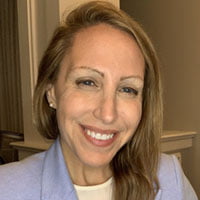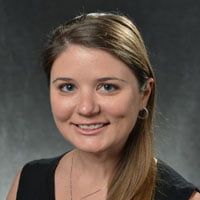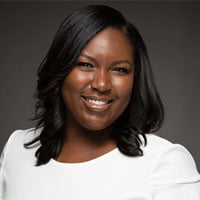Only one in four children prescribed medicine for attention deficit/ hyperactivity disorder (ADHD) have heath insurance to receive some form of talk therapy, according to a new study
This raises concerns about the prescribing of medicine to children. Many feel that doctors may just be prescribing this medicine for behavioral problems, rather than targeting kids’ specific difficulties. It is suggested that kids on ADHD medicine should also receive some type of therapy to deal with triggers and learn ways to be less dependent on the medication.
“Drug therapy targets the core symptoms of ADHD, but when you talk about other aspects of functioning like educational performance and conduct problems, it appears that talk therapy may improve outcomes for many children,” Gellad Said. ” In some kids, it is better than drug therapy alone,” he added.
Many find it hard to have access to therapy because of insurances and out of pocket costs. In other countries it has been proven to be as high as 1 in ever 10 kids have access to therapy alongside medication use.
Clinical guidelines require that pharmacological treatment of ADHD should be combined with psychological interventions. This is because studies have proven that a combined approach is the most effective treatment for ADHD.
Researchers looked through commercial insurance claims database to identify more than 300,000 children aged 17 or younger who filled a prescription for ADHD medication. Of those children, they looked to see how many of them also received therapy that year from a psychologist. A little less than 25% of children prescribed medication that year also received therapy, according to the study. Those who received therapy was also dependent on the area they lived in the United States.
Medication is not the key for every issue that crops up with ADHD. You cannot just sit around with a child and fiddle around with their dosage until the problem is solved. It is important to target specific problems.
For therapist to target these specific problems, they generally only need a handful of sessions. Examples of these issues include a child having irritable outbursts, having trouble making friends, not sleeping well, etc. With problems like this, it is typically a very brief targeted intervention.





